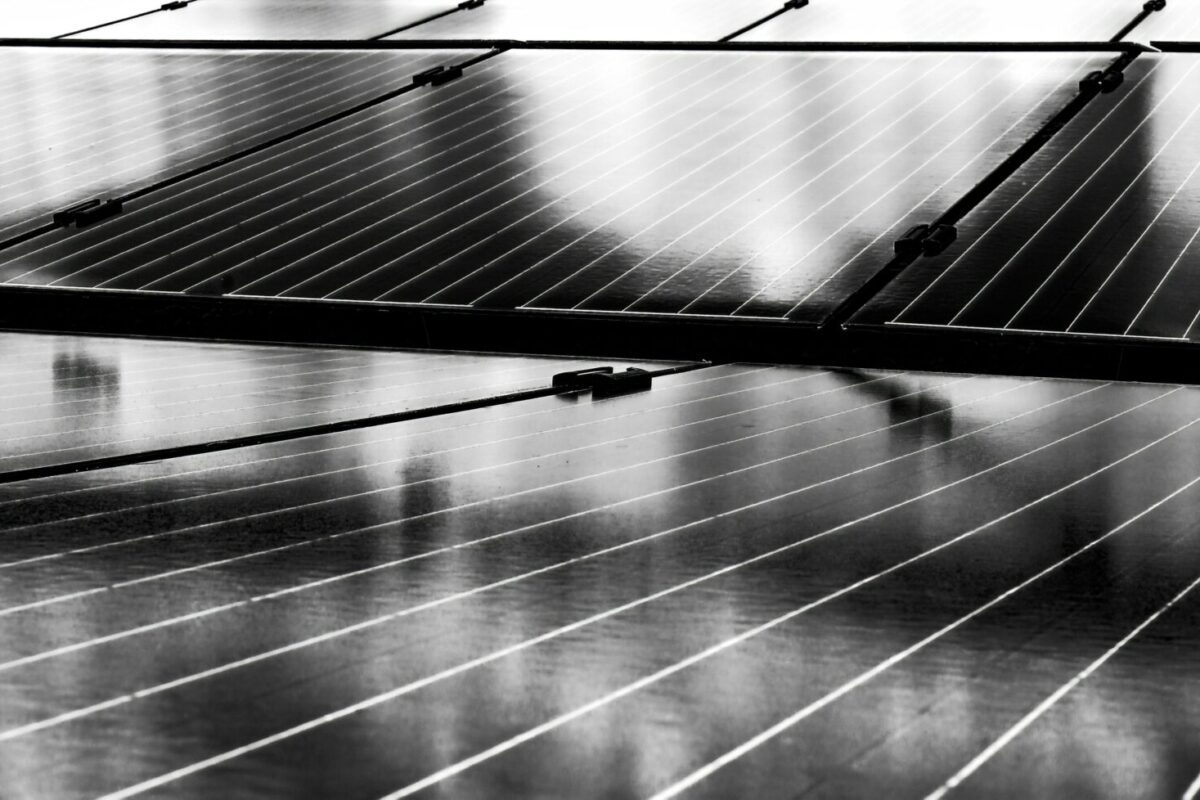The government of Indonesia has eased local content requirements for solar power projects. Under the new rules, enacted earlier this month, the minimum local content requirement for solar power plants has been cut to 20%, from around 40% previously.
Solar projects will also be permitted to use imported panels, as long as ministerial approval is obtained, a power purchase agreement is signed before the end of the year and the plant is operating by the first half of 2026. The import window will close in June 2025 and the panels must be procured from companies committed to investing in a production facility in Indonesia.
Meanwhile, local content requirements for hydropower plants have also been reduced, and stand at 15% for wind power plants. The updated regulation also says any electricity project that receives at least 50% funding from foreign multilateral or bilateral lenders will be exempt from the local content requirements.
“We evaluated the rules, so that the renewable energy power plants, especially hydro, wind and solar could immediately be installed in our system … and further lower our emissions,” Jisman Hutajulu, the energy ministry's director general, said during a press conference earlier this week.
Fabby Tumiwa, executive director of the Institute for Essential Services Reform, told pv magazine that he is in favour of the changes to the regulation. “It is a balanced approach to accommodate the existing tier-1 solar cell and modules producers in the country and existing solar panel makers and removes barriers to allow solar PV projects to be financed and installed.”
Tumiwa added that according to Indonesia’s government-owned power distribution company PLN, more than 2 GWp of solar PV projects can’t be executed at present.
“With this regulation, these projects will go ahead,” Tumiwa explained. “The relaxation is limited and seems temporary to facilitate some projects, including one in the new Indonesia Capital, IKN.”
Despite Indonesia’s vast solar potential, renewables deployment is currently behind target. Last year, renewables accounted for just over 13% of Indonesia’s energy mix, falling short of a 17.87% target.
This content is protected by copyright and may not be reused. If you want to cooperate with us and would like to reuse some of our content, please contact: editors@pv-magazine.com.




By submitting this form you agree to pv magazine using your data for the purposes of publishing your comment.
Your personal data will only be disclosed or otherwise transmitted to third parties for the purposes of spam filtering or if this is necessary for technical maintenance of the website. Any other transfer to third parties will not take place unless this is justified on the basis of applicable data protection regulations or if pv magazine is legally obliged to do so.
You may revoke this consent at any time with effect for the future, in which case your personal data will be deleted immediately. Otherwise, your data will be deleted if pv magazine has processed your request or the purpose of data storage is fulfilled.
Further information on data privacy can be found in our Data Protection Policy.